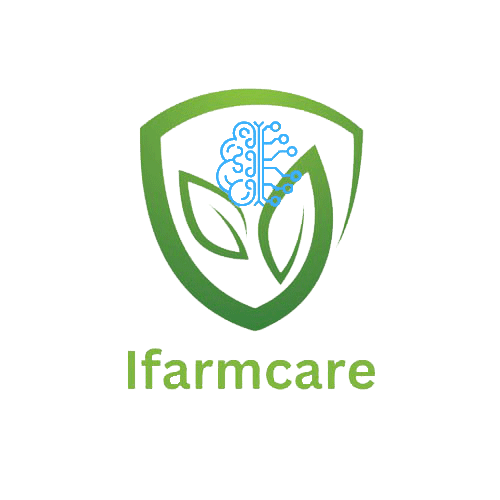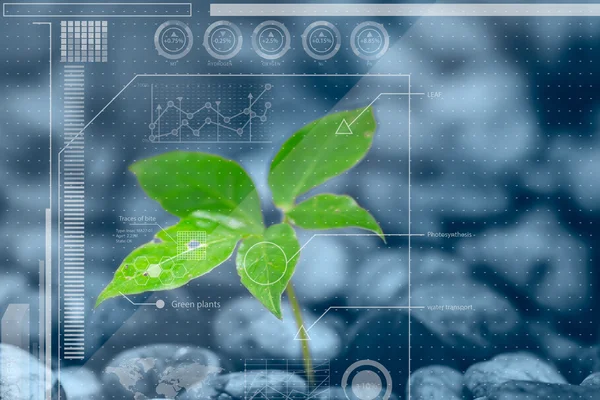Let’s first have an introduction on the use of artificial intelligence in greenhouse hydroponic cultivation
In recent years, the integration of Artificial Intelligence (AI) into agriculture has brought significant changes, particularly in the area of hydroponic farming. Hydroponic greenhouses, which grow plants without soil by using nutrient-rich water, have become an innovative solution to modern agricultural challenges. With the addition of AI, these systems are now smarter and more efficient than ever.
What is AI in Hydroponic Greenhouses?
AI in hydroponic greenhouses involves the use of advanced algorithms and machine learning models to monitor, control, and optimize the growing environment. This technology analyzes data from various sensors and automates tasks such as regulating water levels, adjusting nutrient concentrations, and controlling temperature and light conditions. The AI systems make real-time decisions to ensure optimal plant growth and higher yields.
Key Benefits of AI in Hydroponic Greenhouses:
Water Efficiency:
AI-powered hydroponic systems can reduce water usage by up to 95% by precisely controlling water distribution and recycling. This is a crucial advantage, particularly in regions facing water scarcity.
Automated Monitoring and Control:
AI continuously monitors the greenhouse environment, adjusting settings to maintain ideal conditions for plant growth. This minimizes human intervention and ensures consistent crop quality.
Increased Crop Yields:
By analyzing plant data, AI can predict growth patterns and optimize growing conditions, leading to higher and more predictable yields. Farmers can better plan their production cycles and maximize efficiency.
Reduced Labor Costs:
AI automation reduces the need for manual labor, making it possible to manage large-scale hydroponic operations with fewer workers. This results in lower operational costs and allows farmers to focus on strategic tasks rather than daily maintenance.
Environmental Sustainability:
AI-driven systems in hydroponics reduce the use of harmful chemicals and fertilizers, creating a more sustainable and environmentally friendly farming model. Plants receive precisely what they need, minimizing waste and runoff into the environment.
Real-Time Data Analytics:
AI systems gather and analyze vast amounts of data in real-time, offering valuable insights into plant health, nutrient needs, and environmental changes. This allows for predictive maintenance and early identification of potential issues, preventing crop failures.
The Future of AI in Hydroponics
AI is poised to play an even larger role in the future of agriculture. As technologies advance, we can expect more sophisticated AI applications that will further increase efficiency, sustainability, and profitability in hydroponic farming. The combination of AI and hydroponics offers a powerful solution to the growing global demand for food while addressing the challenges of climate change and resource limitations.
By integrating AI into hydroponic greenhouses, farmers can achieve higher yields, reduce water usage, and ensure more sustainable agricultural practices. This not only benefits the agricultural industry but also contributes to global food security and environmental conservation.
We recommend that you watch the video below to understand the issue
The video will be uploaded soon….

